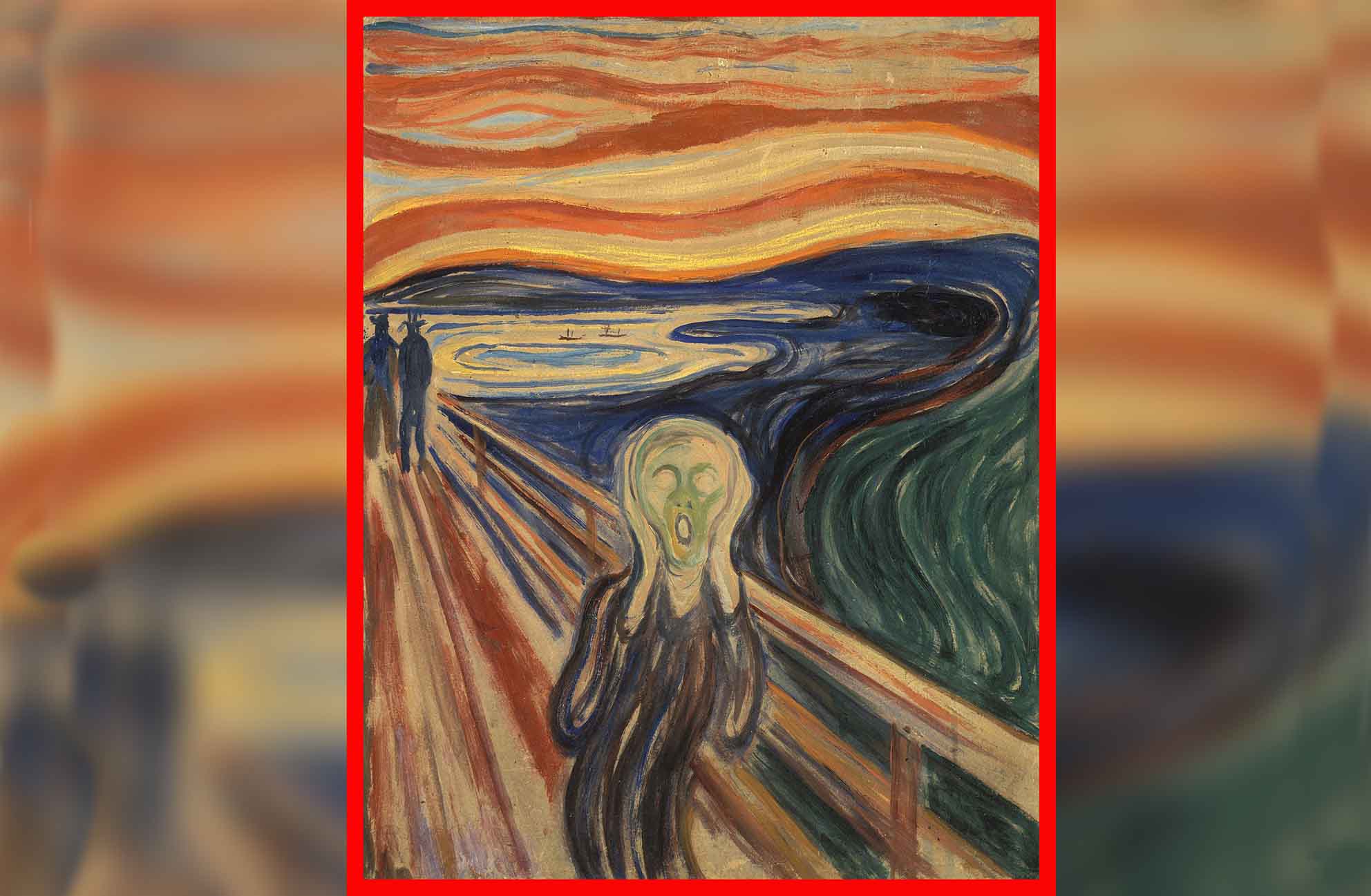A society can be judged by what it celebrates and equally by what it mourns. From this standpoint, Manipur, the Meiteis not the least, seem to have chosen to forget those events of the past worth celebrating. Other than the many religious festivities, where celebration is part of the ceremony, the days the society today observes and memorialises are the chapters from its history which it thinks ushered in gloom and misery.
From this evidence alone, if there is anything as a dark era, this must be it for the state. While this collective psychology is indicative of a somewhat omnipresent oppressive atmosphere, it also speaks volumes of the general mindset of the people. It is as if the place has never seen any victory or any other occasion worth celebration in its cultural memory. This coincidence is uncanny, but even in areas where victory and defeat are juxtaposed in close proximity, the place often picks out the defeat for observation and neglect the victory.
Hence, the dark annals the Chahi Taret Khuntakpa (Seven Years of Devastation) under the Ava Kingdom, (Burmese) is memorialised but not the victory of Maharaja Gambhir Singh and his cousin Nara Singh which ultimately ended the Burmese occupation. The same may be said of so many other events from the past, including the controversial Merger Agreement of 1949, and now even the momentous event of the erstwhile Manipur kingdom turning Hindu. To make it worse, this mindset of oppression is preached with vehemence and sometimes even brutally enforced, embittering generations after generations, thereby ensuring the continuity of the sense of oppression.
While loss must be mourned, it cannot be healthy to allow the memory of the loss to dominate anybody’s life, that of individuals as much as the society. Mourning if it must remain healthy, must become a way of mitigating grief and ultimately to overcome the sense of loss so that those who have suffered the loss can get on with life and meet its ever-changing challenges.
Indeed, this is very much a Freudian idea elaborated this in the essay, Mourning and Melancholia. Mourning here is a way of bearing the loss and coming to terms with the accompanying grief. Freud’s “melancholia” is also about a way of confronting the loss, but in a way that does not suggest a way out of the grief. Here the act of mourning and the misery of the loss mourned itself becomes in a perverse way the gratification, therefore ensuring mourning becomes a narcissistic engagement with an inherent interest in self-perpetuation.
Needless to say, this is destined to be self-destructive for the person or society which has suffered the loss, for they will remain trapped and paralysed in perennial melancholia with no way forward in sight. In Freud’s “mourning”, the person suffering the loss confronts the loss, and works through the grief to finally come to terms that the loss will never be forgotten but the distance between memory of the loss and the challenges before the living person or society can never collapse. The past cannot overwhelm the present or the future. Manipur by and large seems to have lost its bearings on this matter. The need, therefore is to rediscover and recover this sense of balance between what it memorialises and its life ahead.
There is tremendous energy and passion in Manipur. But unfortunately, the sense at the moment is one of an impending implosion, rather than this energy finding creative outlets. It is for this reason that we propose that our society remembers its triumphal moments too and celebrate them with as much fervour as it recalls its moments of defeats and tragedies. Along side this, let it also set aside its memories of the past, even if traumatic ones, and relegate to the realm of the dead that they should belong, and not continue to make these memories by the determinants of the psychology of its present or the future.
Let our children grow up to be outward looking and positive, rather than be grudging, embittered, angry, negative thinking denizens of the future with low self-esteem, perpetually suffering from persecution paranoia. For the good of everybody, we must have to defuse at least some of the suffocating implosive energies that now envelop us all. Let us place our low moments in perspective, and also bring out our triumphant marches, out of the social cupboards. Both are part and parcel of any given society, but the difference is in how the society manages to cope and sublimate them. Surely, our modern society must also have its springs and autumns, apart from its winters and scorching summers of discontent. Let not the cherished fight against oppression become an instrument of oppression in itself.












